National Estate Planning Awareness Month: It’s Time To Take Action
October 1, 2024
October is National Estate Planning Awareness Month, a time dedicated to highlighting the critical importance of planning for the future. Whether you’re an older adult looking to safeguard your legacy or an adult with aging parents who need guidance, estate planning is a necessary step to ensure that your wishes—and the well-being of your loved ones—are protected. Despite its importance, many people delay estate planning, often due to misconceptions or lack of understanding about the process. This article aims to demystify estate planning and encourage everyone to take action this month.
Understanding the Importance of Estate Planning
What Is Estate Planning?
Estate planning involves making arrangements for the management and distribution of your assets in the event of your incapacity or death. It typically includes the creation of key legal documents such as wills, trusts, and powers of attorney. A comprehensive estate plan ensures that your assets are distributed according to your wishes, that your family is protected from unnecessary legal complications, and that your healthcare preferences are respected if you’re unable to communicate them yourself.
Key Reasons to Create an Estate Plan
Protecting Your Loved Ones
One of the primary reasons for estate planning is to protect your loved ones. A well-crafted estate plan can help prevent family disputes, provide for minor children, and ensure that a spouse or elderly parent is cared for financially. It also helps reduce the emotional and financial burden on your family during what is already a difficult time.
Avoiding Probate
Without an estate plan, your assets may have to go through a lengthy and costly probate process before they can be distributed to your heirs. Probate is a court-supervised procedure that validates your will and oversees the distribution of your assets. An estate plan can help minimize the assets that go through probate, ensuring a quicker and more private transfer to your beneficiaries.
Reducing Estate Taxes
An effective estate plan can also help reduce the amount of estate taxes that may be due upon your death. By using strategies such as gifting, charitable donations, and the establishment of trusts, you can minimize the tax burden on your estate and leave more for your loved ones.
Why October is National Estate Planning Awareness Month
History and Purpose of the Awareness Month
National Estate Planning Awareness Month was established in 2008 by the National Association of Estate Planners & Councils (NAEPC) to educate the public on the importance of estate planning. The month serves as a reminder that, regardless of age or wealth, everyone needs a plan in place to manage their assets and healthcare decisions. This initiative is particularly important for seniors and their families, who may not realize the significant consequences of delaying or neglecting estate planning.
The Growing Need for Estate Planning in the U.S.
As the baby boomer generation ages, the need for comprehensive estate planning has never been greater. According to the AARP, nearly 60% of Americans do not have a will, leaving their families vulnerable to legal complications and potentially costly court battles. National Estate Planning Awareness Month aims to bridge this gap by encouraging more people to take the necessary steps to protect their futures.
Essential Components of a Comprehensive Estate Plan
Wills and Trusts
Differences and Benefits of Each
A will is a legal document that outlines how you want your assets distributed after your death. It allows you to name an executor to oversee the distribution and, if you have minor children, a guardian for them. However, a will must go through probate, which can be time-consuming and public.
A trust, on the other hand, is a legal arrangement that allows you to transfer ownership of your assets to a trust managed by a trustee. Trusts can be used to avoid probate, protect assets, and provide for special circumstances, such as a disabled child or a spendthrift heir. There are different types of trusts, including revocable and irrevocable trusts, each serving specific purposes.
Powers of Attorney
Financial Power of Attorney
A financial power of attorney allows you to appoint someone to manage your financial affairs if you become incapacitated. This person, known as your agent, can handle tasks such as paying bills, managing investments, and handling property transactions on your behalf.
Healthcare Power of Attorney
A healthcare power of attorney, also known as a medical power of attorney, designates someone to make healthcare decisions for you if you’re unable to do so. This can include decisions about medical treatments, end-of-life care, and more. It’s crucial to choose someone you trust to act in your best interest.
Living Wills and Advance Directives
A living will, also known as an advance directive, outlines your wishes regarding medical treatment if you become incapacitated and unable to communicate your preferences. It covers situations such as life-sustaining treatments, resuscitation, and organ donation. Having a living will ensures that your medical care aligns with your values and spares your family from having to make difficult decisions without knowing your wishes.
Common Misconceptions About Estate Planning
“I’m Too Young for an Estate Plan”
Many people believe that estate planning is only necessary for older adults, but the truth is that anyone over the age of 18 should have a basic estate plan. Accidents and unexpected illnesses can happen at any age, and having the right documents in place ensures that your wishes are followed and that your loved ones are protected.
“I Don’t Have Enough Assets”
Estate planning isn’t just for the wealthy. Even if you don’t have significant assets, you likely have preferences about who should inherit your belongings, who should care for your children, or how you want to be cared for if you’re unable to make decisions yourself. An estate plan covers more than just asset distribution; it includes healthcare decisions and guardianship as well.
“Estate Planning is Only for the Wealthy”
This is perhaps one of the most pervasive myths. Estate planning is for everyone, regardless of income or net worth. It ensures that your wishes are respected and that your family is not left with unnecessary legal and financial burdens. Whether you have a modest estate or significant wealth, a plan is essential to protect your interests.
How to Get Started with Your Estate Plan
Assessing Your Current Situation
Start by taking stock of your current assets, liabilities, and family situation. This includes listing all your financial accounts, properties, and other assets, as well as considering your health status and family dynamics. Understanding your current situation will help you and your attorney create a plan tailored to your needs.
Choosing the Right Attorney
Working with a qualified elder law attorney is crucial for creating a comprehensive estate plan. Look for someone with experience in estate planning and elder law, as they will have the expertise to address the specific issues that arise in planning for aging clients.
Key Documents You’ll Need to Prepare
To begin your estate plan, you’ll need to prepare several key documents, including:
- A Last Will and Testament to outline your wishes for asset distribution and guardianship.
- A Trust to manage and protect your assets, if applicable.
- Powers of Attorney for financial and healthcare decisions.
- A Living Will to express your healthcare preferences.
- Beneficiary Designations for accounts like life insurance and retirement plans.
Benefits of Working with a Qualified Elder Law Attorney
Expert Guidance on Complex Legal Matters
Elder law attorneys specialize in issues affecting older adults, such as Medicaid planning, guardianships, and special needs trusts. They can provide invaluable guidance on these complex areas, ensuring that your estate plan covers all necessary aspects.
Personalized Planning for Your Unique Needs
Everyone’s situation is different, and a one-size-fits-all approach won’t work for estate planning. An elder law attorney will take the time to understand your unique needs and craft a plan that reflects your values, family dynamics, and financial situation.
Ensuring Your Estate Plan Remains Up-to-Date
Laws and personal circumstances change over time, so it’s important to review and update your estate plan regularly. An elder law attorney can help you keep your plan current and aligned with your goals, providing peace of mind that your wishes will be honored.
Steps to Start Your Estate Planning Today
Schedule a Consultation with an Elder Law Attorney
The first step in creating an estate plan is to schedule a consultation with an experienced elder law attorney. They can help you understand the process, answer your questions, and begin crafting a plan that meets your needs.
Begin Documenting Your Wishes and Goals
Before your consultation, start documenting your wishes and goals. Consider how you want your assets distributed, who should make decisions on your behalf, and what kind of medical care you would want in case of incapacity.
Communicate with Your Loved Ones
Estate planning is not just about legal documents; it’s also about communication. Talk to your loved ones about your plans, so they understand your wishes and can support your decisions.

Take Action With Waypoint Legal
National Estate Planning Awareness Month is the perfect time to start or update your estate plan. At Waypoint Legal, our experienced team is here to help you navigate the process and secure your future. Don’t wait—schedule a consultation with us today to ensure your loved ones are protected.
National Estate Planning Awareness Month FAQs
- What is the purpose of National Estate Planning Awareness Month?
National Estate Planning Awareness Month aims to educate the public on the importance of estate planning and encourage individuals to take proactive steps in securing their futures. - Who needs an estate plan?
Everyone over the age of 18 should have at least a basic estate plan, regardless of their age, health, or financial status. - What happens if I don’t have an estate plan?
Without an estate plan, state laws will determine how your assets are distributed, which may not align with your wishes. It can also lead to family disputes and a lengthy probate process. - What is the difference between a will and a trust?
A will outlines how you want your assets distributed after your death, while a trust can manage and distribute your assets during your lifetime and after your death, often avoiding probate. - How often should I update my estate plan?
You should review your estate plan every 3-5 years or after major life events, such as marriage, divorce, the birth of a child, or significant changes in financial status. - Can I create an estate plan without an attorney?
While it’s possible to create basic documents using online resources, working with an attorney ensures that your plan is comprehensive, legally valid, and tailored to your specific needs. - What is a healthcare power of attorney?
A healthcare power of attorney is a document that allows you to designate someone to make medical decisions on your behalf if you’re unable to do so. - How can I reduce estate taxes?
Strategies such as gifting, charitable donations, and creating certain types of trusts can help reduce estate taxes. - What is probate?
Probate is the legal process of validating a will and distributing assets according to the will’s instructions. It can be time-consuming and costly. - How do I choose an executor for my will?
Choose someone you trust who is organized, responsible, and capable of managing your estate. It’s also wise to discuss your choice with the person beforehand to ensure they are willing to take on the responsibility.
Get Free Legal Advice Sent to Your Inbox.
Waypoint Legal, LLC. Jersey Elder Lawyers



 (732) 361-2533
(732) 361-2533 


